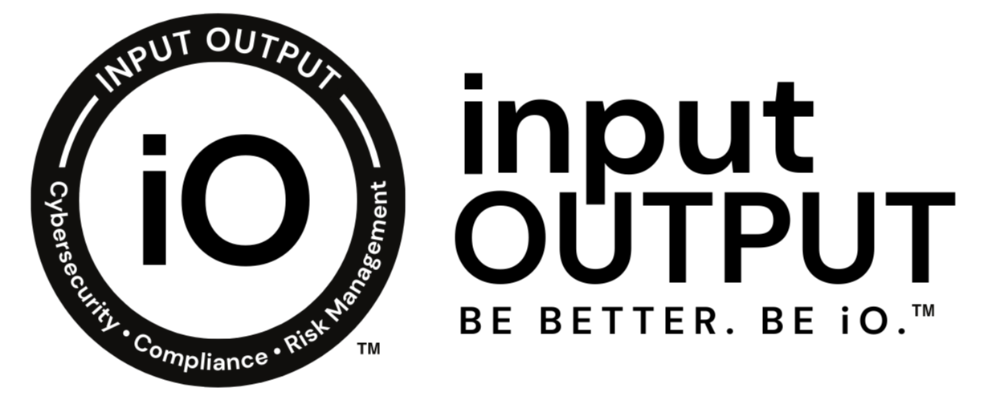Cybersecurity News: FBI Warns of Human-Centered Hacks as Cybercrime Tactics Evolve
Jul 01, 2025
The cybersecurity world is abuzz with news of a concerning evolution in cybercrime tactics, as the infamous hacking group Scattered Spider expands its reach into new industries, including the airline sector. Known for their cunning use of social engineering and persistent attacks, the group is demonstrating how cyber threats are as much a people problem as they are a technical one. The latest warning from the FBI and industry experts highlights just how urgent it is for organizations to rethink their defenses and focus on preventing human-focused vulnerabilities.
What makes Scattered Spider so dangerous is its ability to manipulate trust. Instead of brute-force hacks or technical exploits, this group excels in impersonating employees or contractors to trick IT help desks into giving them access, often bypassing even multi-factor authentication (MFA). The group’s methods rely heavily on social engineering, such as convincing help desk operators to add malicious MFA devices or reset accounts, granting hackers control over sensitive systems. Once in, their attacks often lead to ransomware deployment, data theft, and extortion—turning small-scale intrusions into large-scale crises.
Recent incidents unearthed by cybersecurity firms like Palo Alto Networks Unit 42 and Google-owned Mandiant have shown that Scattered Spider’s tactics go beyond a single industry. Initially making waves with SIM-swapping schemes, the group has since expanded to target critical sectors like insurance, aviation, and transportation. By exploiting human error and weak identity verification policies, they’ve made it clear that no sector relying on hybrid work environments is truly safe. In one case, attackers gained access to a company’s most privileged environments by impersonating a chief financial officer (CFO) and persuading IT staff to reset security measures tied to their account. Once inside, they unleashed a chain of escalations that compromised sensitive systems across the board.
What’s particularly alarming about Scattered Spider is their ability to scale attacks so quickly. Upon gaining access, they execute detailed steps to steal data, disrupt operations, and maintain a presence in their victims’ systems. In some scenarios, they’ve disabled recovery measures and leveraged insider knowledge to strike high-value targets, including privileged accounts. This sophisticated approach allows them to dismantle technical defenses while moving quickly enough to stay ahead of incident response teams.
The group’s success underscores an old but crucial truth: technology alone can’t keep systems safe. Human error and overly trusting security workflows remain key vulnerabilities, even in organizations that rely on advanced tools like MFA. Traditional help desk processes, intended to assist legitimate users, have been weaponized into gateways for attackers. As noted by security experts, the solution often begins with rethinking procedures around identity verification and implementing stricter checks for critical actions like account resets.
For the aviation sector specifically, the stakes are especially high. As airlines and transportation companies handle massive networks of sensitive information and depend on real-time systems, attacks like these can have monumental consequences. Cybersecurity professionals warn against waiting for alarm bells to ring and instead urge immediate action, such as updating help desk protocols, enforcing stronger authentication measures, and conducting real-world training for staff to recognize social engineering attempts.
With Scattered Spider raising the bar for how sophisticated and targeted cyberattacks can get, the message for businesses across all sectors is clear: complacency isn’t an option. From executives to IT personnel, everyone has a role to play in ensuring that systems and people remain resistant to these evolving threats. As this group and others like it chart a course through hybrid infrastructures, organizations must prioritize not just technology but the human systems behind it. Staying informed, vigilant, and prepared is becoming less of a precaution and more of a necessity for surviving the next wave of cybercrime.
STAY INFORMED
Subscribe now to receive the latest expert insights on cybersecurity, compliance, and business management delivered straight to your inbox.
We hate SPAM. We will never sell your information, for any reason.
